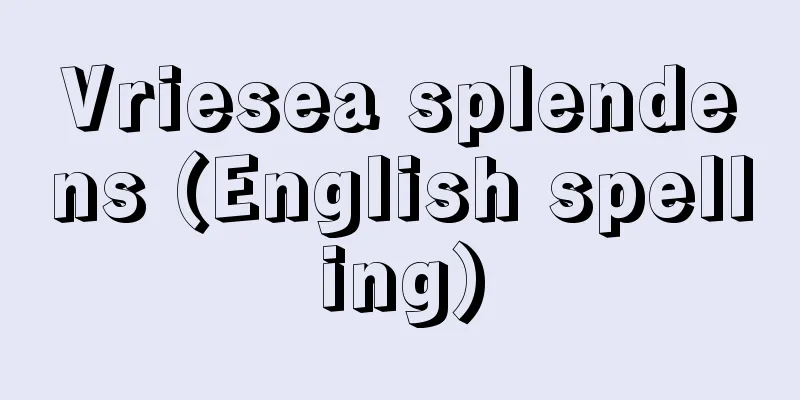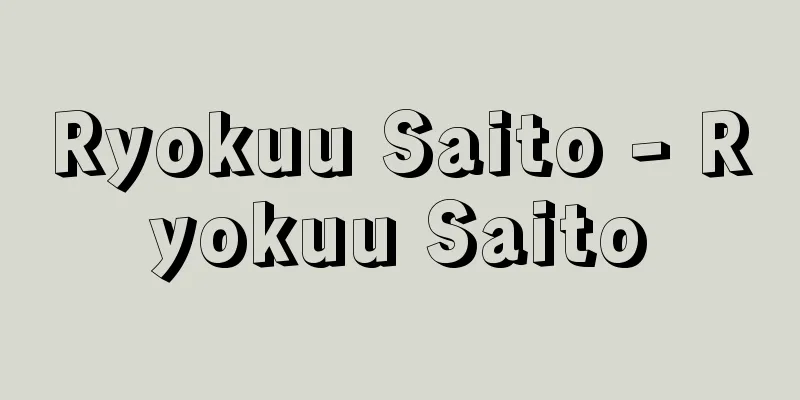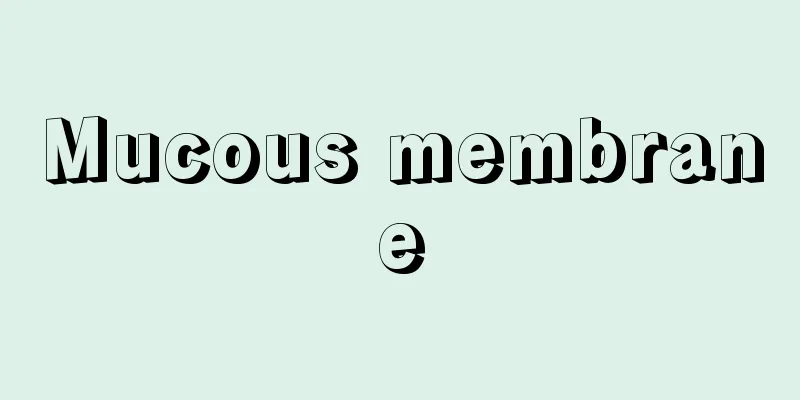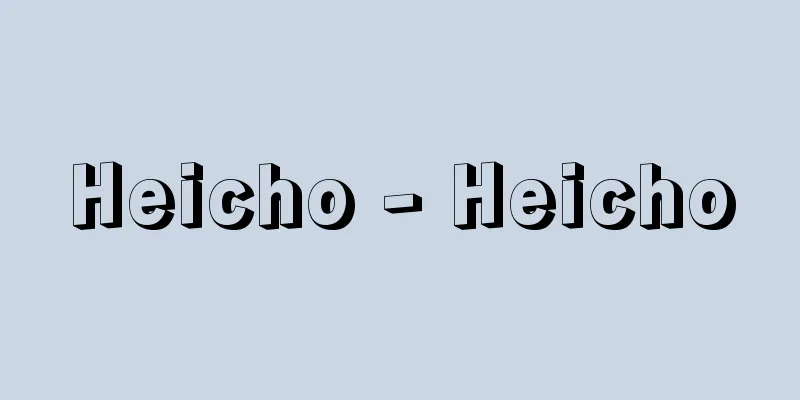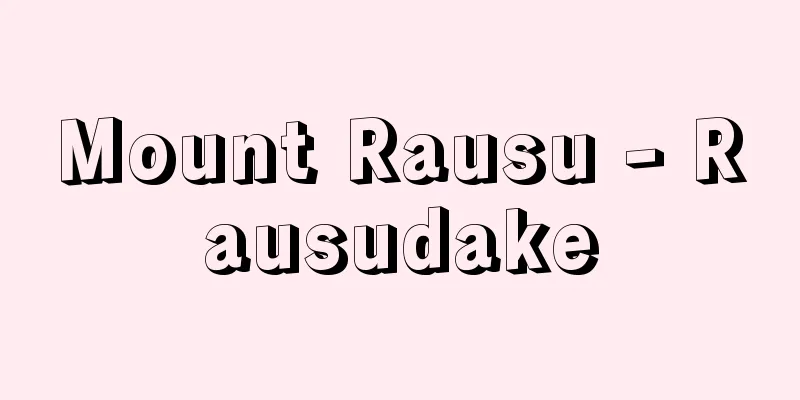Liberal Arts - Kyoyoshugi
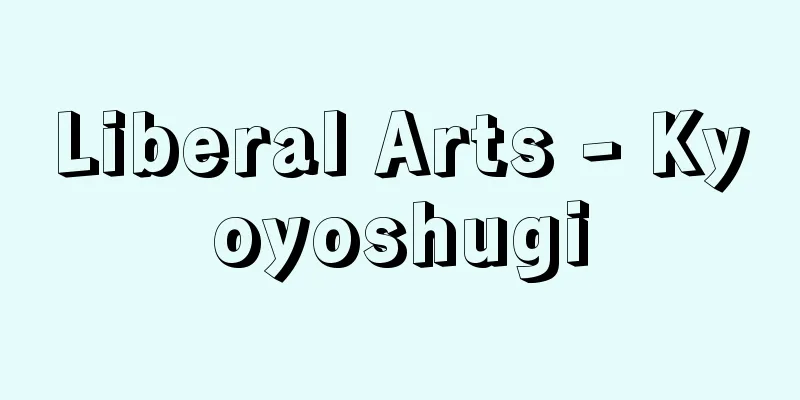
|
...Compared to the Meiji concept of "self-cultivation," which was pragmatic, socially-advancing, and political, the Taisho concept of "culture" was strongly imbued with inner, spiritual, non- or anti-political, and personalistic nuances. If this is the historical connotation of the word culture in Japan, then it goes without saying that any bias toward culture must be strongly avoided, but on the other hand, the flipside of this tendency can also be seen in the contempt and disdain for the latter, which is evident in the modern Japanese university curriculum, which is divided into specialized courses and general education courses. It seems that the word culture as a translation and its actual content have not yet taken root deeply enough to gain stability in Japan.... From [Reading]…In the early modern period, the enlightenment ideas of practical intellectuals such as Yukichi Fukuzawa were influential, rejecting “fruitless learning” (Encouragement of Learning) and calling for reading that would contribute to the economy and welfare of the people. However, from the end of the Meiji period to the beginning of the Taisho period, reflecting the sense of stagnation of the times, “educationalism” that valued literature and philosophy and neglected science and technology became dominant. It tended to be non-political, introspective, and self-perfecting, and the subjects of reading were Western philosophy and literature. … *Some of the terminology explanations that refer to "educationalism" are listed below. Source | Heibonsha World Encyclopedia 2nd Edition | Information |
|
…実利主義的,立身出世的,政治的な明治の〈修養〉概念に対して,大正の〈教養〉には内面的,精神的,非ないし反政治的,人格主義的等々のニュアンスが強く帯びさせられているわけである。これが日本で教養という言葉のもっている歴史的含蓄であるとすれば,教養主義的偏向が強く戒められねばならないのはもとよりであるが,しかし他方,たとえば専門課程と一般教養課程とに分けられている現代日本の大学教育のカリキュラムにおいて顕著に見られる後者の軽視・蔑視などにはその裏返しの傾向も認められる。訳語としての教養という言葉,およびその実質的内容が,いまだ日本では安定を得るほどに深く根ざすにいたっていないということであろう。… 【読書】より…近代初期は,福沢諭吉ら実学的インテリゲンチャの啓蒙思想が勢力をふるい,〈実なき学問〉(《学問のすゝめ》)を排し,経国済民のためとなるような読書が要求された。しかし,明治末期から大正時代に入ると,時代閉塞感を反映して,文学や哲学を重んじ科学や技術を軽視する〈教養主義〉が支配的になる。それは非政治的,内省的,自己完成的な傾向をもっており,読書の対象は西欧の哲学や文学であった。… ※「教養主義」について言及している用語解説の一部を掲載しています。 出典|株式会社平凡社世界大百科事典 第2版について | 情報 |
<<: Discontinuation of service - Kyoyo-Hishikōi
Recommend
Charlottetown Conference - Charlottetown Conference
The Conference for the Formation of Canadian Confe...
Birth - Shussan (English spelling) Parturition
Childbirth is the act of giving birth, and medica...
Hashioka Kyutaro
A shite actor of the Kanze school of Noh. Born in...
Parodi, Dominique
Born: 1870. Genoa [Died] 1955. French idealist phi...
Vaucheria longicaulis (English spelling)
…[Mitsuo Chihara]. . . *Some of the terminology t...
QB - Cube
《 quarterback 》 In American football, the quarterb...
Tertullianus (English spelling) Quintus Septimius Florens Tertullianus
A Christian apologist from the 2nd and 3rd centur...
Algebra - algebra
There is a ring R that is also a finite-dimension...
Alexander's Feast
…In addition to his many operas, Handel gradually...
Pope - Houou
[1] (Noun) ① A Buddhist term. The king of the Dhar...
Chara bravnii (English spelling)
…[Mitsuo Chihara]. . . *Some of the terminology t...
Chausson
French composer. Born in Paris. After earning a do...
H1 blockers - H1 blockers
...Also called antihistamines. Drugs that antagon...
Echeveria pluvinata (English spelling)
… [Hiroshi Yuasa]. … *Some of the terminology tha...
Ministry of the Army
This was the agency that controlled the military ...




